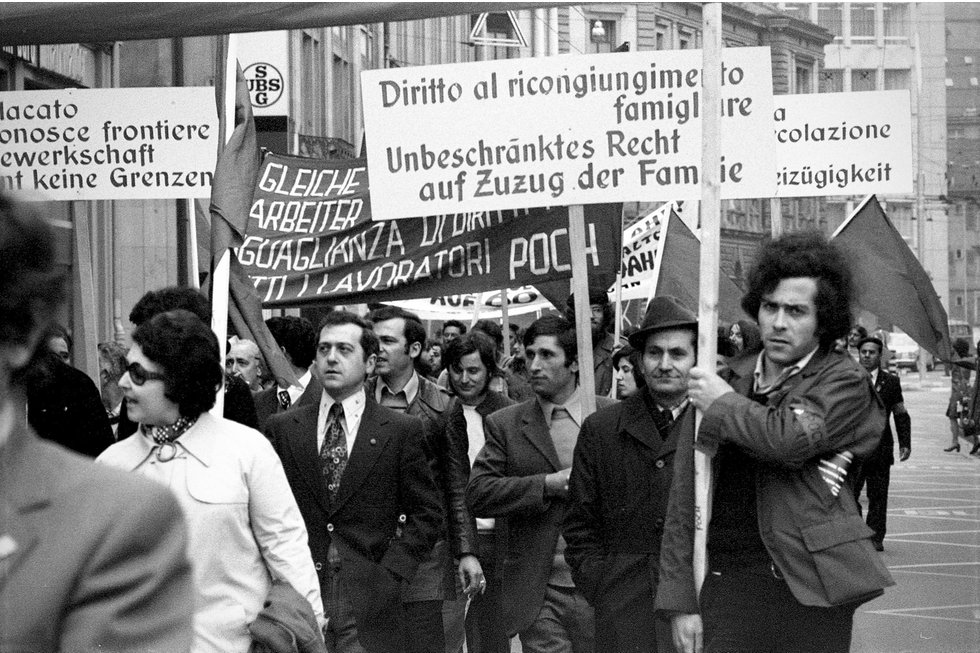Striking how few people left France for the New World in the 19th century, compared to all other European countries. 

France transitioned to a lower fertility rate much earlier than any other country, so the "surplus labour" susceptible to leave was small. At the beginning of the 20th century, it was actually a big immigration country while most other European nations were emigration countries.
One popular explanation for the lower fertility rates was a change in inheritance law after the revolution: estates had to be divided equally among children rather than transmitted to the oldest son, thereby giving incentives to have fewer children.
• • •
Missing some Tweet in this thread? You can try to
force a refresh



















